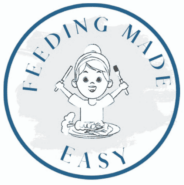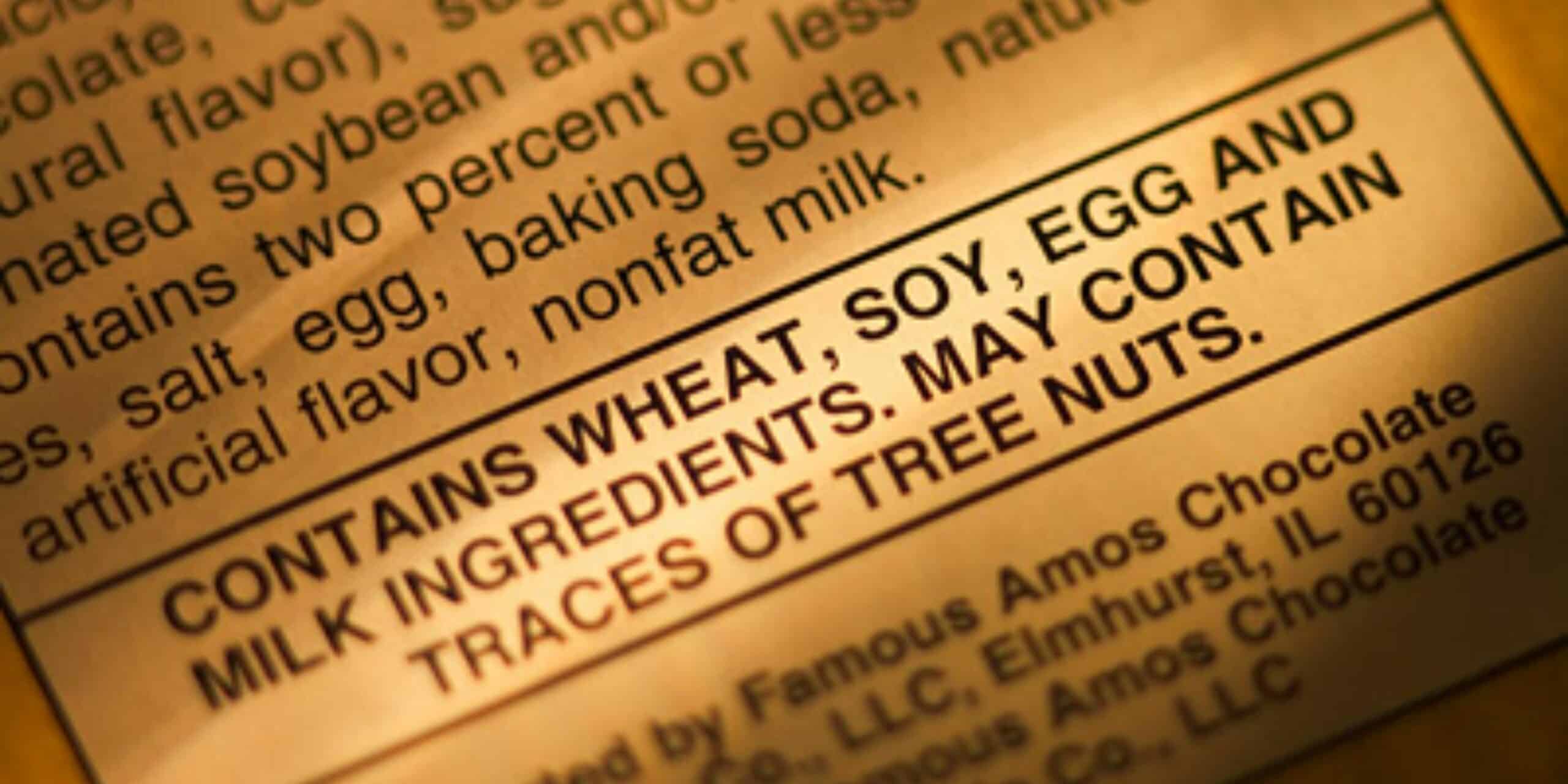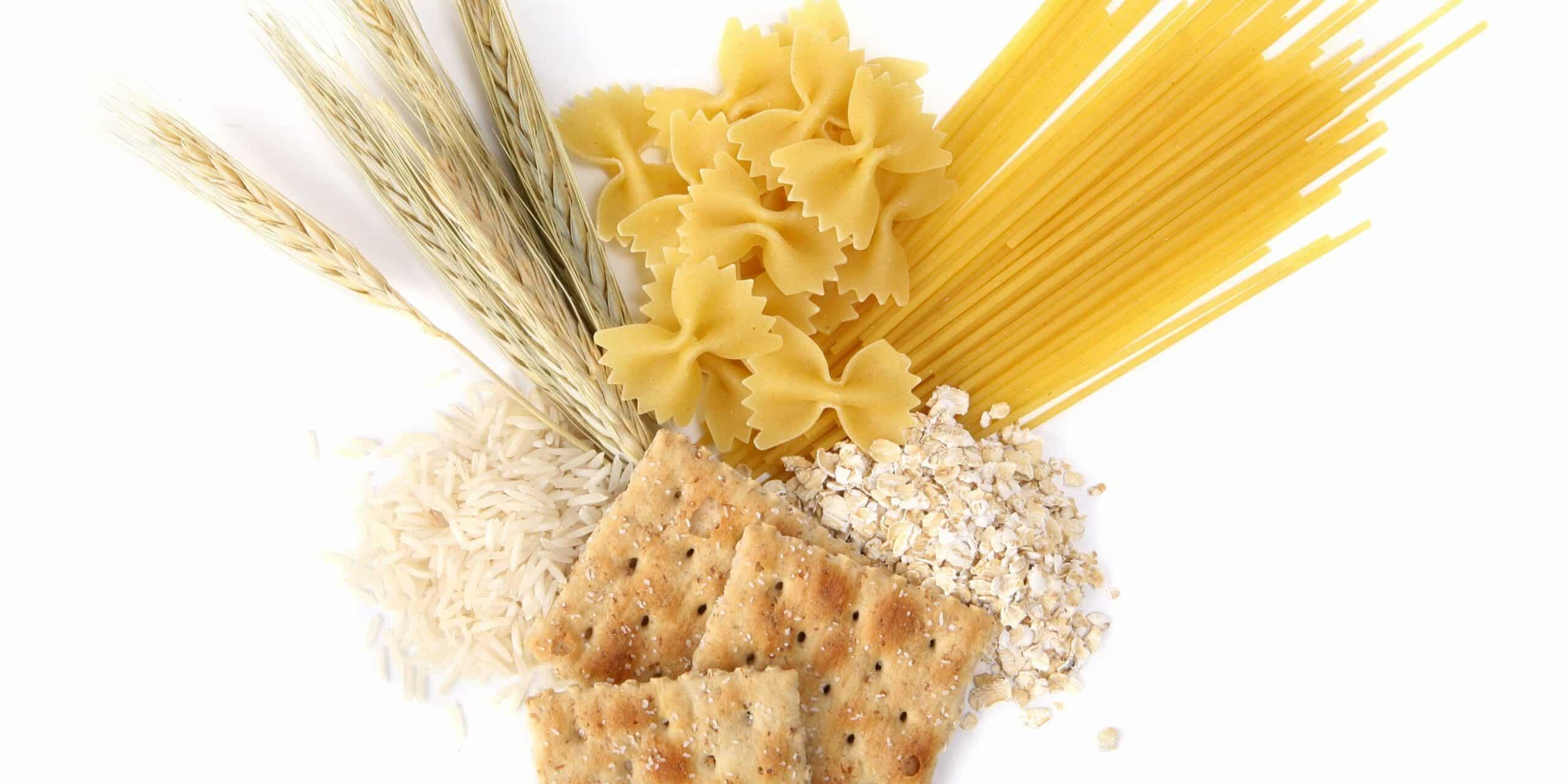Checking Food Labels for Allergens
One of the first tips you’ll hear when your child is diagnosed with a food allergy is to get in the habit of always checking food labels for allergens. Companies in the US are required to list their ingredients and so you can get a good idea of what is in a product and whether or not your child’s allergen is present just by checking the food label.
That being said, not every ingredient is required to be on labels. Companies can change their ingredients without notifying consumers. It can be a lot more work than it sounds.
Checking Food Labels for Allergens Read More »









